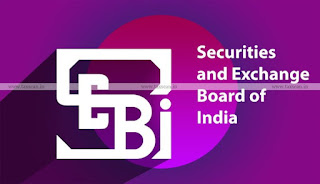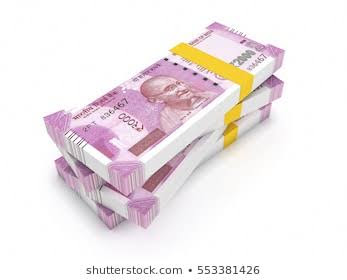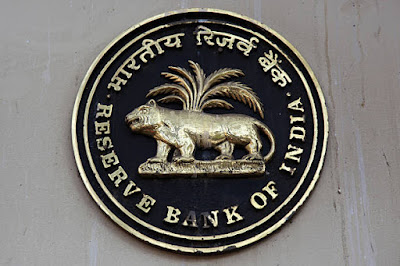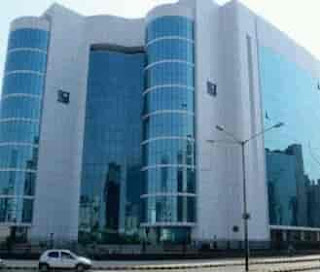RBI Grade B Exams for Economics students

RBI GRADE B Exams for Economics students "Dear Economics students, Are you interested in a career in central banking and economic policy-making? Look no further than the RBI Grade B exam! As an economics student, you already have a solid foundation in the subject matter. With dedicated preparation, you can crack this prestigious exam and join the Reserve Bank of India (RBI) as a Grade B officer. To prepare, focus on: 1. *Microeconomics*: Theory of consumer behavior, production, market structures, and welfare economics. 2. *Macroeconomics*: National income accounting, aggregate demand and supply, inflation, and monetary policy. 3. *International Trade*: Gains from trade, tariffs, exchange rates, and balance of payments. 4. *Economic Growth and Development*: Models, indicators, and strategies. 5. *Indian Economy*: Historical perspective, planning, liberalization, and economic reforms. 6. *Statistics*: Descriptive and inferential statistics, data interpretation, and analysis. 7...






